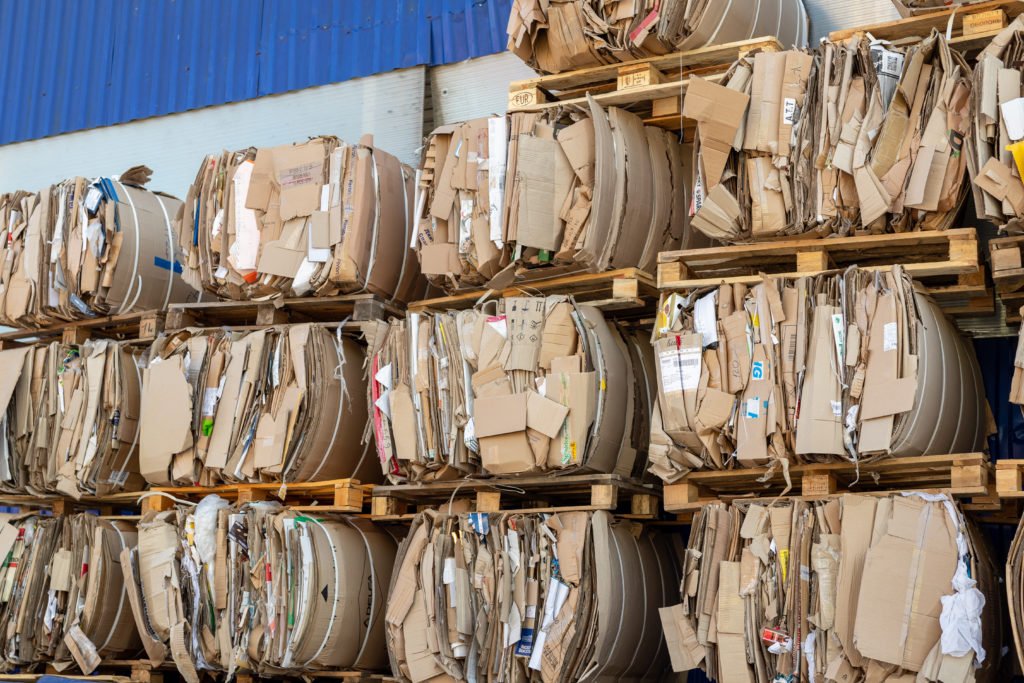The core issue concerns the British standard EN643 which requires more quality controls on recovered paper and could spell the end for some comingled schemes, particularly when material is collected in a sack. However, there remains a divergence of opinion as to what the real impact of the standard, which is voluntary, will be.
Now, the Paper Federation has released more details in a statement on its thinking and is emphasising that there will not be any overnight changes in demand from mills. There will be at least three years to implement the changes.
European
The Federation's statement explains that its proposals stem from a new European standard for recovered paper, which will have an effect on all involved in this field. But, the organisation is at pains to say that it is keen on consultation and “the interpretation of what it means, and how and when changes are made remains to be discussed between all the interested parties. That discussion has begun, but it is far from finished. Once it is, the whole recovery-chain will have a better idea of how to plan for the future, and how to preserve maximum value in the recovered material.”
The Paper Federation believes that “following completion of its consultation process, which has only just begun, the guidance will be seen as a positive contribution to the future requirement to produce more, and better quality recovered paper.” However, some paper mills and local authorities have privately ruled out any way forward being reached on the basis of the current discussions because more detailed thinking and planning is needed.
Picture
EN 643, says the Federation, “is only one part of the whole picture, and it is misleading to look at it in isolation. In addition, it is important to look forward. What has been sufficient for the volumes and recovery rates up to 2002 is unlikely to suffice as the world continues to move on. The need to recover more from the domestic waste stream is being driven by a number of UK and European legislative requirements and is supported by industry’s own standard setting, driven by consumer demand for tighter controls on food hygiene.”
Continued on page 2











Subscribe for free